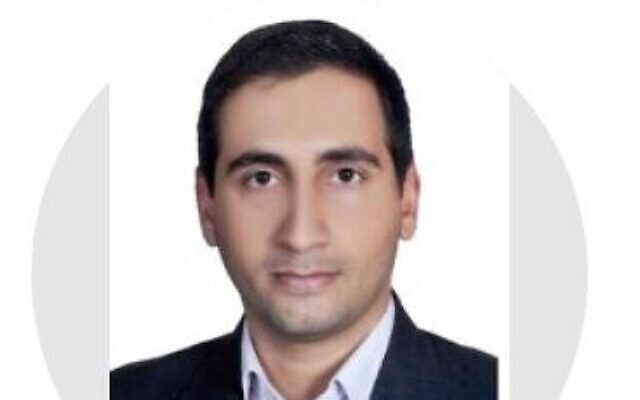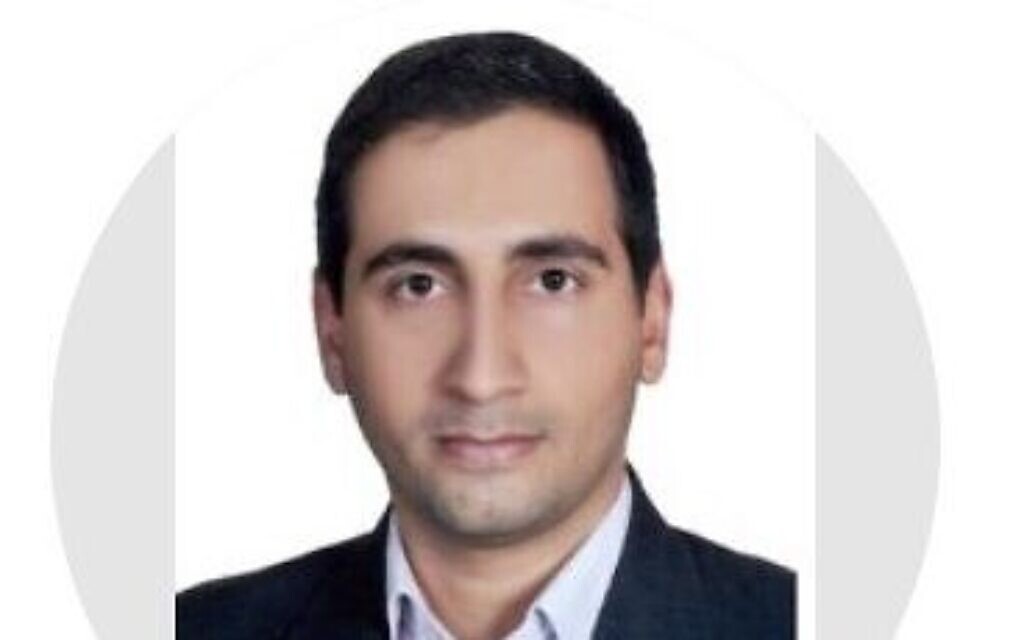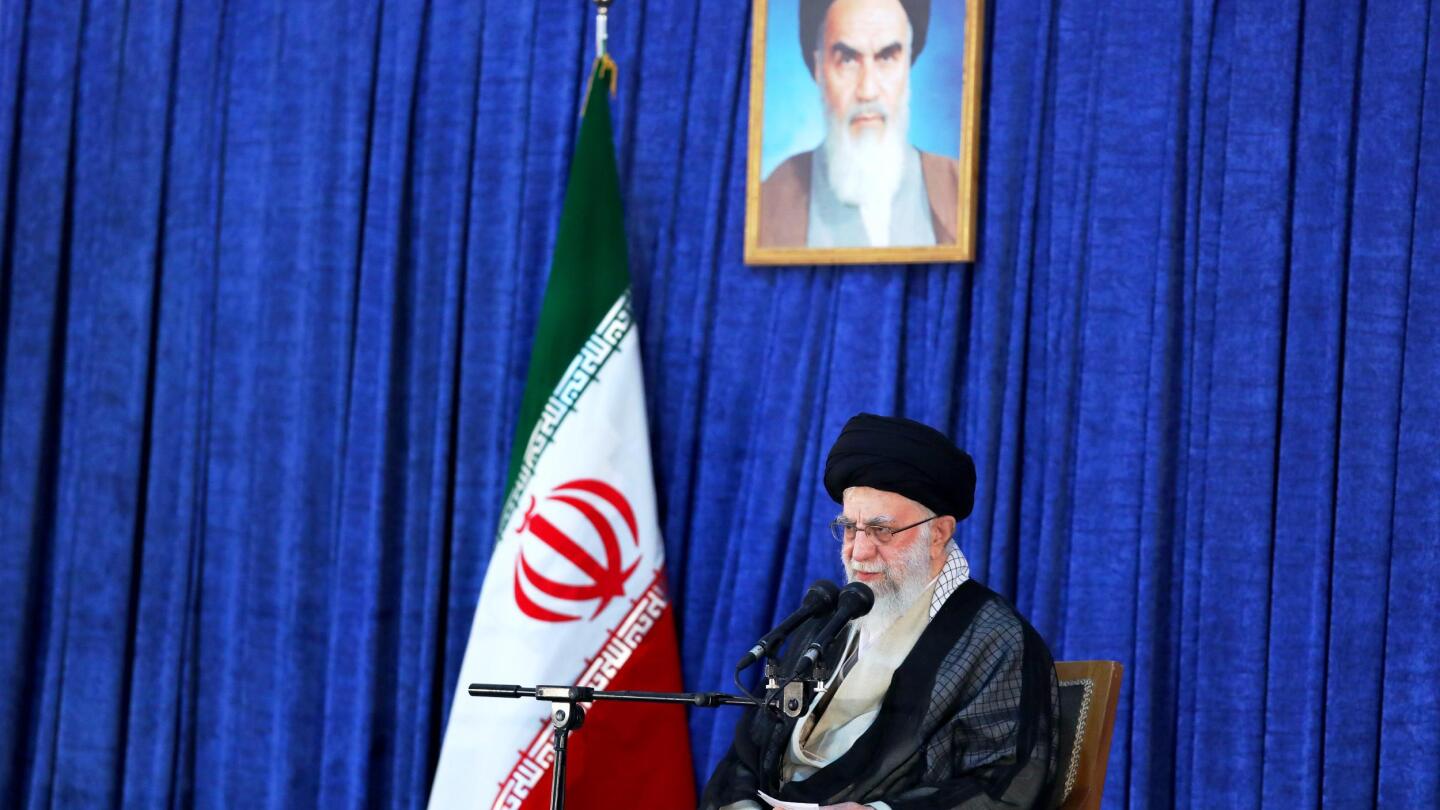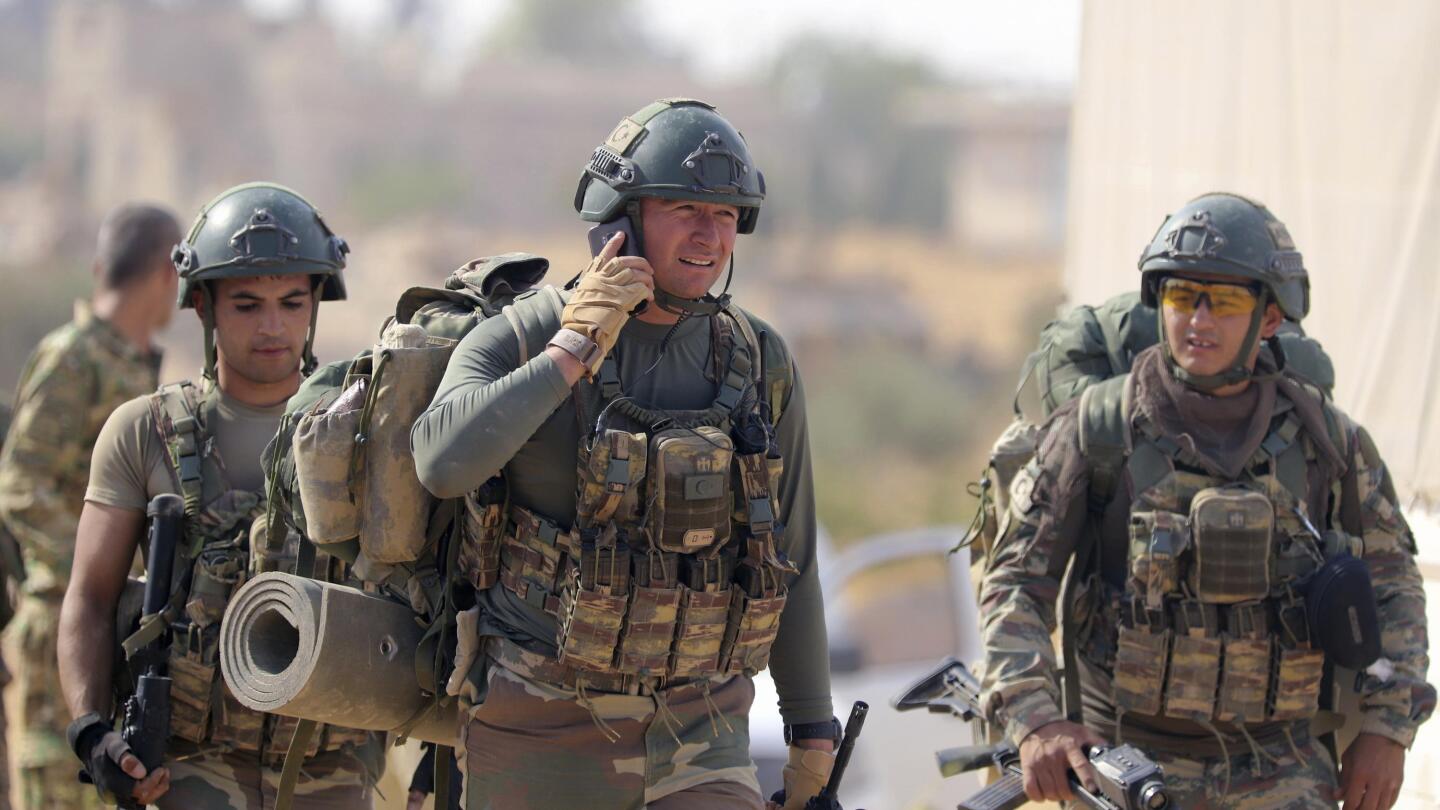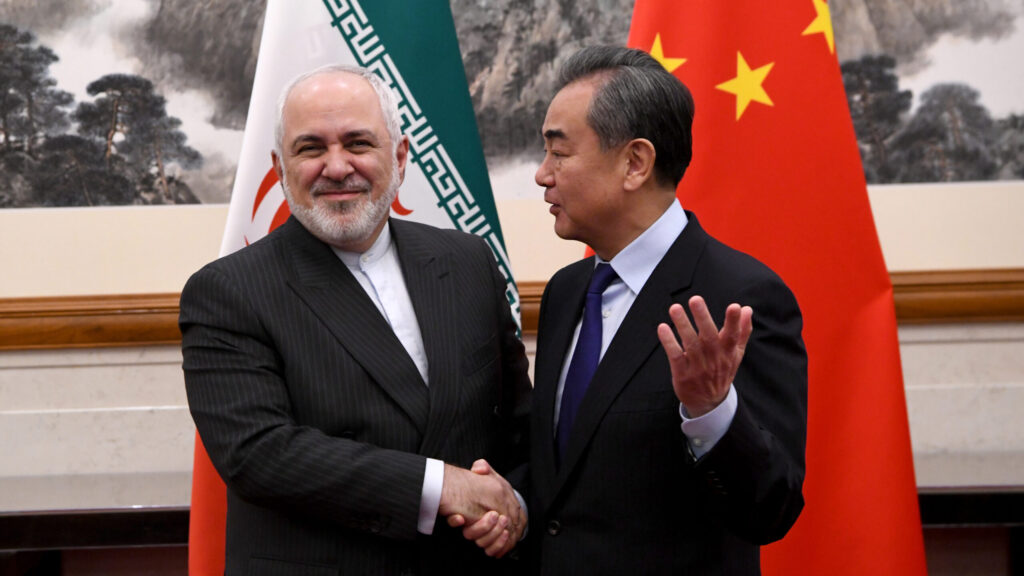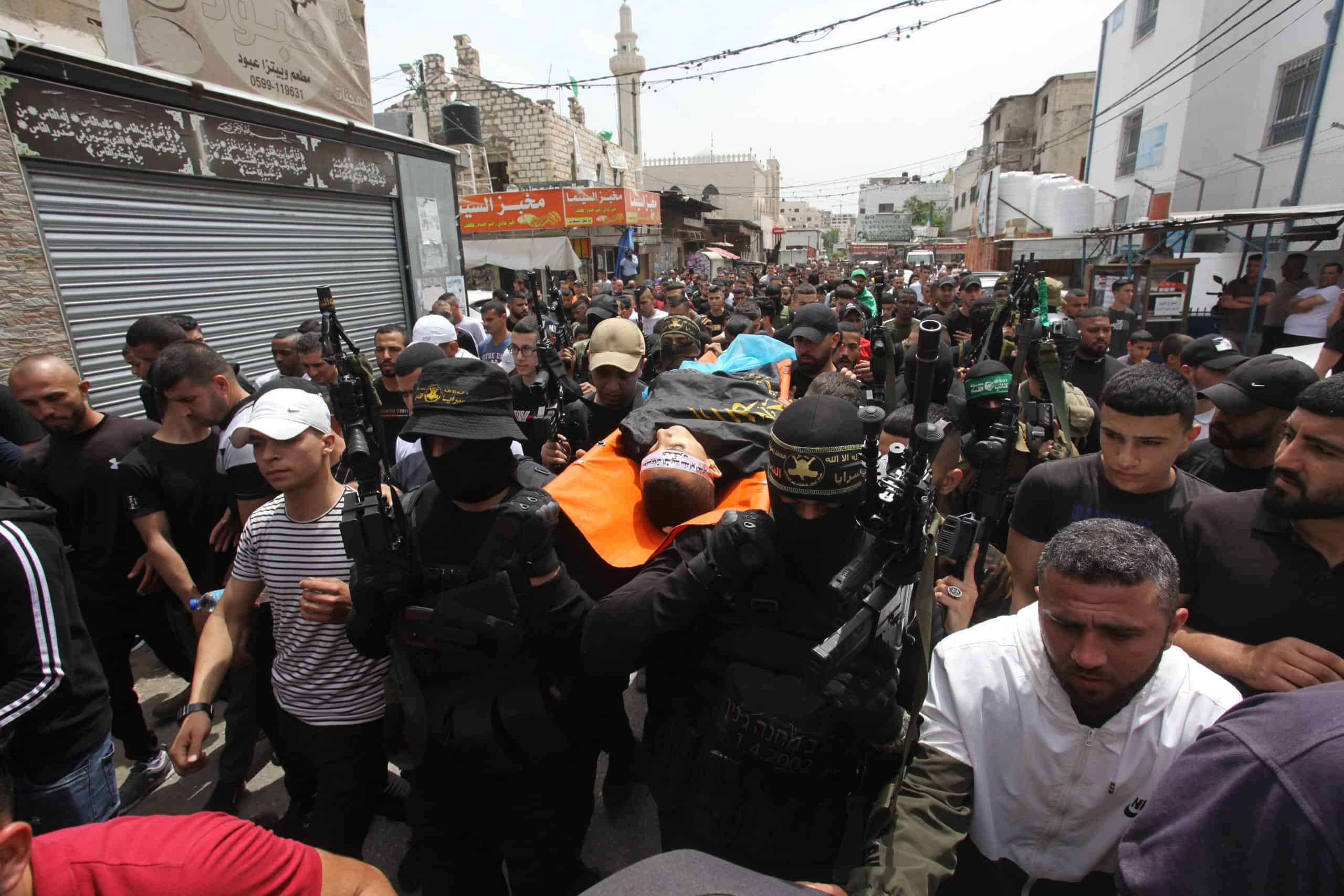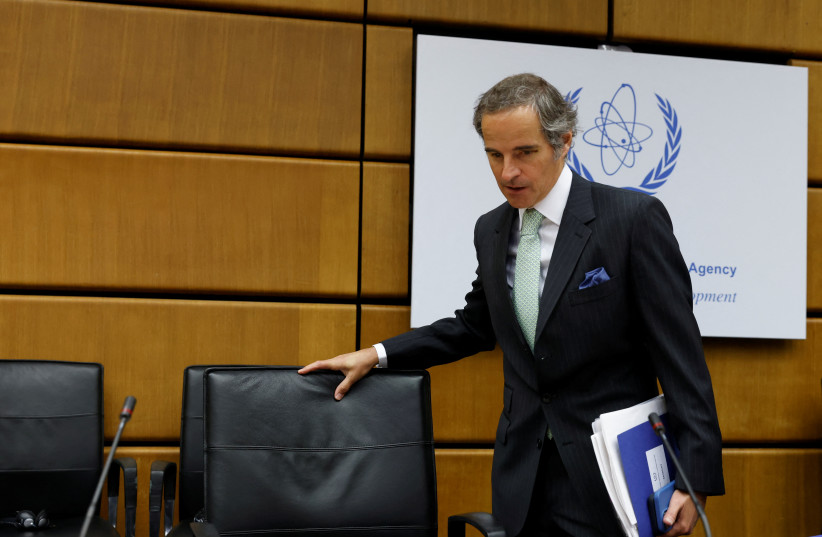Iran crossing nuke uranium enrichment threshold 'cannot be avoided'
By YONAH JEREMY BOB
8-9 minutes
Not only has Iran failed to reduce concerns about its violations of the nuclear nonproliferation safeguards agreement, it also will eventually cross the uranium enrichment threshold, International Atomic Energy Agency Director-General Rafael Grossi said Monday.
“Having a significant quantity [crossing the uranium enrichment threshold] does not mean having a bomb,” he said, adding twice that “this idea of crossing the line, it’s going to happen. They are very close,” and “it cannot be avoided.”
Questioned further if this meant the situation could not be salvaged, Grossi backtracked some and said: “Iran can stop through negotiations, or they themselves can decide to slow down” unilaterally.
Even after crossing the uranium weaponization threshold, which Tehran could do very quickly, he said, it would need to master detonation and delivery, which could take six months to two years, before being able to mount a nuclear warhead upon a missile.
Explaining the Islamic Republic’s failure to address its past
nuclear violations, Grossi said it had continued its refusal to provide answers about uranium traces found at three undeclared nuclear sites.
Rafael Grossi, director general of the International Atomic Energy Agency, and Israeli Prime Minister Naftali Bennett (credit: KOBI GIDON / GPO)
“Iran has not provided explanations that are technically credible in relation to the agency’s findings at [the] three undeclared locations in Iran,” he said. “Nor has Iran informed the agency of the current location, or locations, of the nuclear material and/or of the equipment contaminated with nuclear material that was moved from Turquzabad in 2018.”
Grossi made his statement to the IAEA’s Board of Governors, which at the urging of the US, France, Great Britain and Germany may censure the Islamic Republic for the first time since June 2020 and only the second time since 2012.
“Unless and until Iran provides technically credible explanations for the presence of uranium particles of anthropogenic origin at Turquzabad, Varamin and ‘Marivan’ and informs the agency of all current locations of the nuclear material and/or of the contaminated equipment, the agency cannot confirm the correctness and completeness of Iran’s declarations under its Comprehensive Safeguards Agreement,” he said. “Therefore, the safeguard issues related to these three locations remain outstanding.”
Iranian President Hassan Rouhani reviews Iran's new nuclear achievements during Iran's National Nuclear Energy Day in Tehran, Iran April 10, 2021. (credit: IRANIAN PRESIDENCY OFFICE/WANA (WEST ASIA NEWS AGENCY)/HANDOUT VIA REUTERS)
Defense Minister Benny Gantz said: “What will distance Iran from continued progress in enrichment and weaponization of a nuclear bomb would be determined action by the international community – actions which will harm Iran diplomatically, economically and militarily.”
Tehran had violated its March vow to provide explanations regarding undeclared nuclear sites and illicit nuclear material, he said.
Iran “continues to hide the truth deep underground at a variety of sites,” Gantz said.
He demanded that the IAEA keep its investigations into Iran open.
What happens next?
Israel's hope is that, though the current resolution only calls on Iran to answer the IAEA's questions, it will start a process in which the Iranian nuclear file will be brought before the UN Security Council, a diplomatic source said.
In the most dramatic scenario, the IAEA vote could lead to one at the UN Security Council and
snap back global sanctions against Iran that could even impact Russia and China.
Grossi
met with Prime Minister Naftali Bennett in Jerusalem on Friday, days after the agency released a report that said Iran has enough enriched uranium for a nuclear weapon and has not provided credible explanations for the IAEA’s findings of violations.
Bennett also released a Google Drive folder of documents soon after, showing that Tehran stole IAEA documents in 2004 and 2005 to deceive the organization and cover up its nuclear activities. The documents come from the nuclear archive that the Mossad smuggled out of Iran in 2018.
On Friday, Bennett described “the depth of the danger of Iran continuing to advance toward attaining a nuclear weapon while misleading the international community by using false information and lies.”
“The prime minister emphasized the urgent need to enlist the international community for action against Iran, using all means to stop it from attaining a nuclear weapon,” the Israeli readout of the meeting said.
“Israel prefers the diplomatic route to rule out any possibility of Iran developing a nuclear weapon,” Bennett said. “But [Israel] maintains the right to act against Iran to defend itself and stop its nuclear program if the international community fails to do so within a relevant amount of time.”
Bennett said he supports the IAEA in fulfilling its mission as a professional and independent body and that it is important for the Board of Governors to send Iran a sharp and clear message in its meeting.
Notably, the agency did not announce the Israel visit, nor did it issue any statement during or after the visit.
Grossi downplayed the visit at a press conference on Monday.
Threats of Iranian retaliation
The head of Iran’s Atomic Energy Organization, Mohammad Eslami, on Monday said: “The answers we have given so far to the International Atomic Energy Agency’s questions were accurate” and precise.
“Grossi does not have [the] serious will to admit that Iran’s answers are convincing,” he added.
Further, Eslami said the IAEA invokes intelligence reports provided to it by Iran’s enemies, with the Israeli regime at the top.
Iranian Foreign Minister Hossein Amirabdollahian on Friday said: “Any political action by the United States and the three European countries in the agency will undoubtedly be met with a proportionate, effective and immediate response from Iran.”
China’s mission to international organizations in Vienna tweeted that it “opposes relevant countries’ moves to pressure Iran by pushing a resolution at the June [Board of Governors meeting] of IAEA. The talks on restoration of the JCPOA are at a crucial juncture. A confrontational approach... will only undermine cooperation [between Iran and the] IAEA and disrupt [the] negotiation process.”
The buildup
Western powers had hesitated to promote resolutions against Iran at the nuclear agency in recent years, hoping to continue negotiations to have the US and Iran return to the 2015 nuclear deal. The only time the IAEA Board of Governors approved a resolution condemning Iran since the deal had been reached was in June 2020; Iran quickly made concessions to the agency weeks later.
According to Behnam Ben Taleblu, a fellow at the Foundation for Defense of Democracies, “While a resolution of censure against Tehran at the IAEA is long overdue, [Iranian Supreme Leader Ayatollah Ali] Khamenei is still hoping that Iranian nuclear escalation is sufficient to spook the international community from following through with actions beyond censure, such as Security Council referral, more sanctions or abandoning JCPOA talks.”
“The IAEA board members, and the US in particular, now have an opportunity to course-correct on Iran and prove Khamenei wrong,” he said.
Despite significant progress, talks to revive the Joint Comprehensive Plan of Action were derailed after Russia invaded Ukraine. They remained on hold in recent months, in part due to Bennett’s and Foreign Minister Yair Lapid’s success in their efforts to convince US President Joe Biden not to remove the Islamic Revolutionary Guard Corps from the State Department’s Foreign Terrorist Organizations list. Biden informed Bennett of the decision a month ago, but it only became public last week.
Reuters and Lahav Harkov contributed to this report.
The nuclear agency vote could lead to a UN Security Council vote and snap back global sanctions against Iran, which could impact even Russia and China.

www.jpost.com
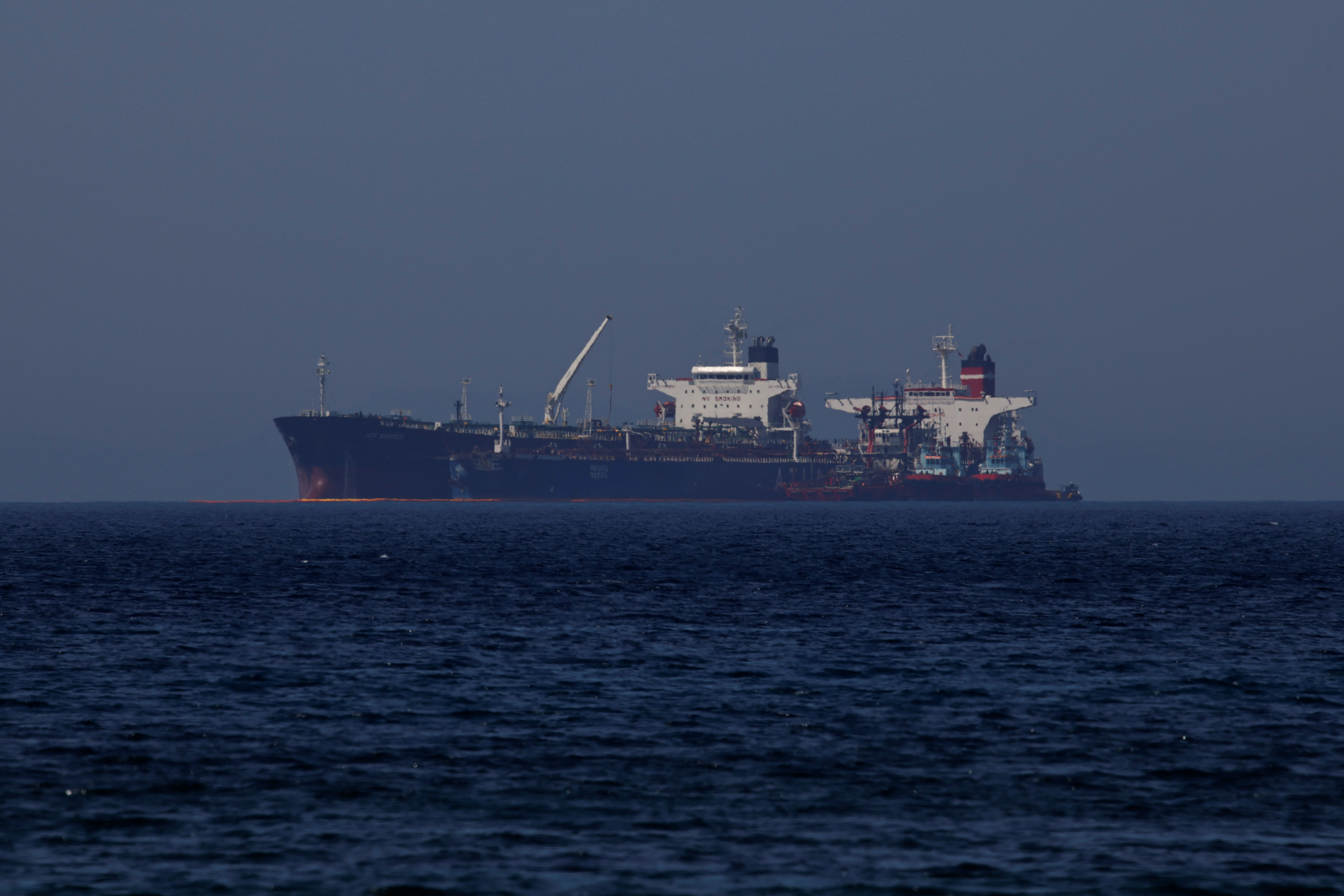
/cloudfront-us-east-2.images.arcpublishing.com/reuters/RPHZSRUM3NIDDM7KCNSEY7KOYU.jpg)
 www.reuters.com
www.reuters.com

/cloudfront-us-east-2.images.arcpublishing.com/reuters/RPHZSRUM3NIDDM7KCNSEY7KOYU.jpg)








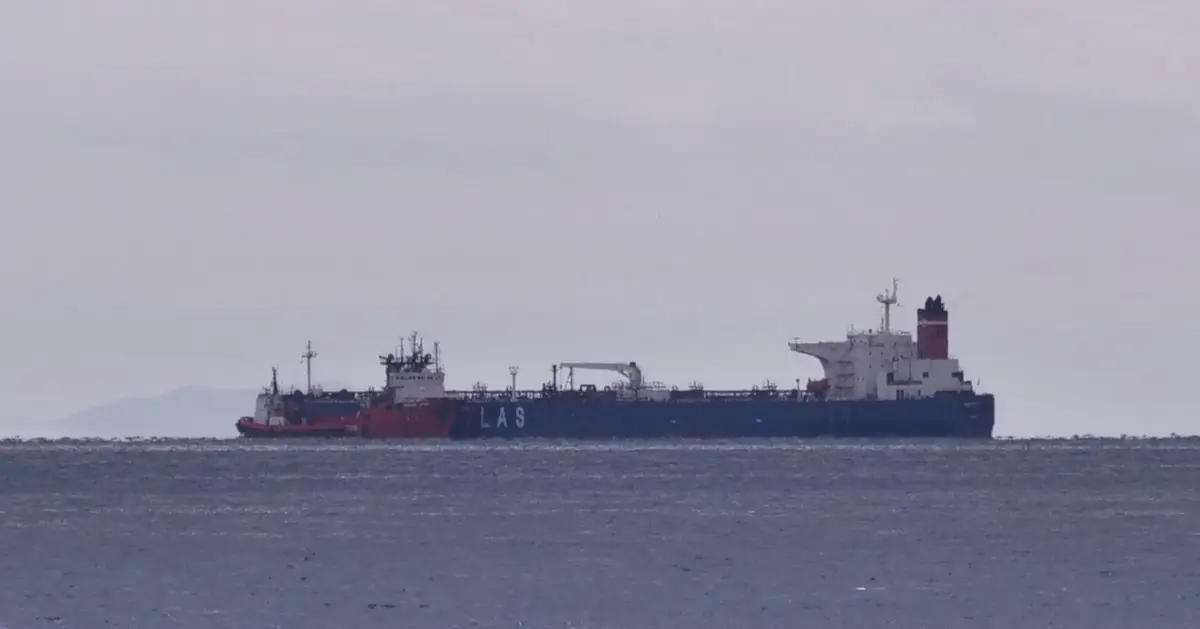

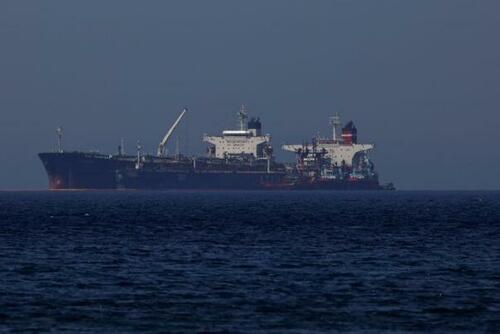


/cloudfront-us-east-2.images.arcpublishing.com/reuters/H6G4KVNDJZP3BNVQZGVGB653BI.jpg)

